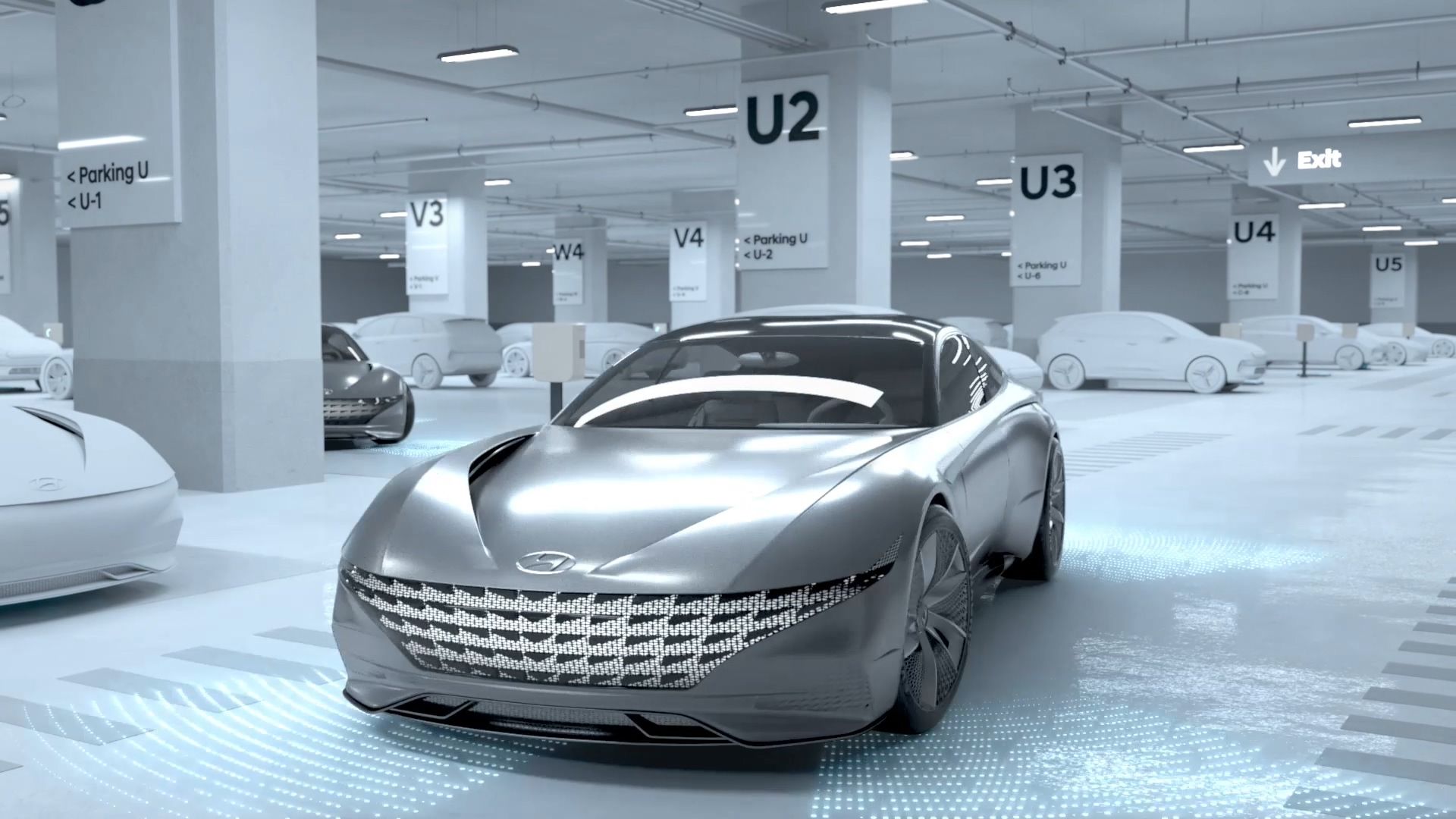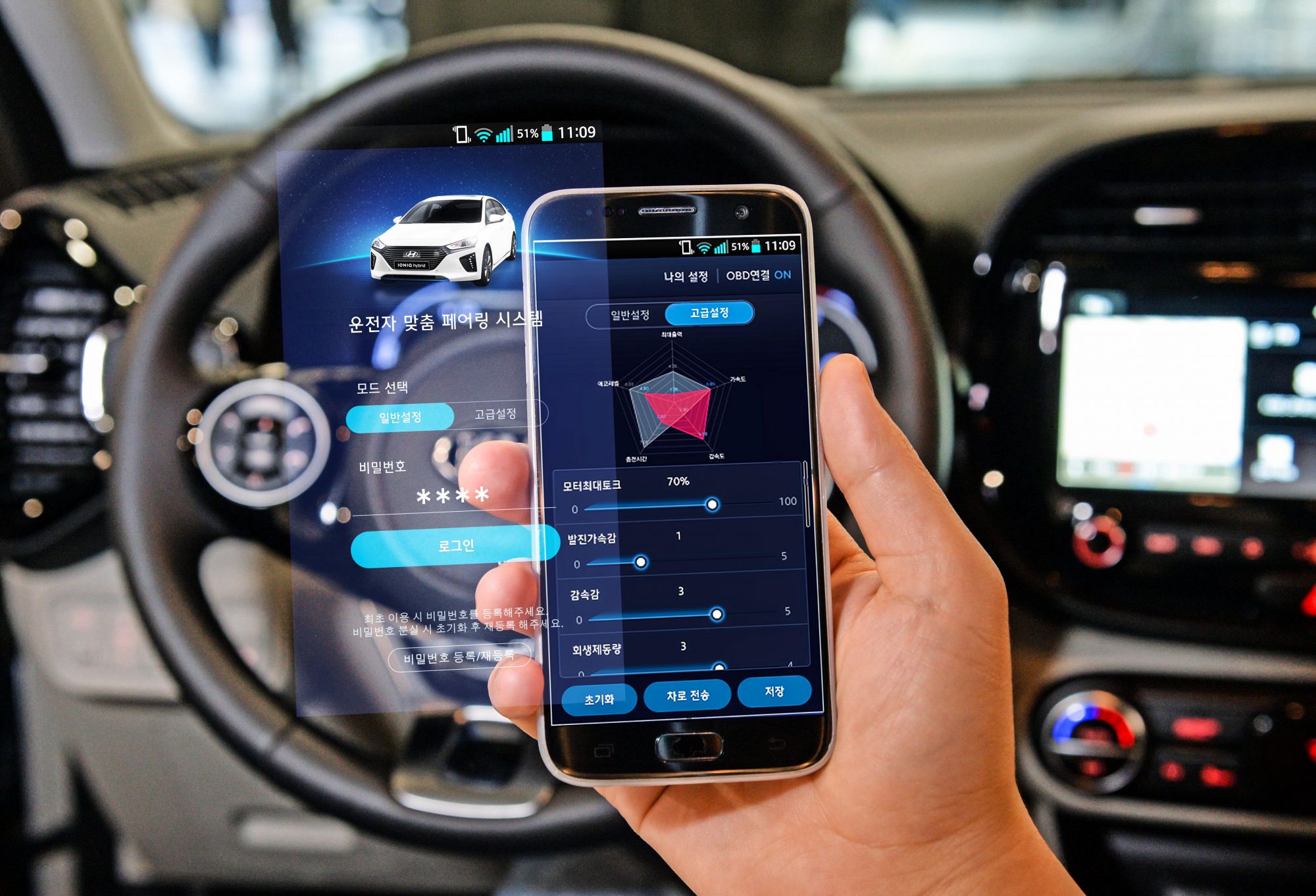Tatler+
The carmaker is reinventing itself by collaborating and investing in companies involved in developing artificial intelligence, electric vehicles and autonomous driving technology
Hyundai is building an impressive portfolio of businesses to help it steer successfully into the future. Technology is playing a major part in this transformation as it seeks to build the smartest, safest and most sustainable cars on the market.
The South Korean carmaker has been actively launching its own initiatives, investing in start-ups and partnering with technology innovators. Its intention to be a leader in the tech space was particularly clear when it announced plans this year to set up a new research and development operation in California’s Silicon Valley, the home of tech giants such as Apple and Google.
This Artificial Intelligence Research (AIR) Center will focus entirely on the development of artificial intelligence (AI) technology—Hyundai’s first overseas operation to do so—and will complement the marque’s AIR Lab which it launched back home in 2018.

SMART INVESTMENTS
Elsewhere, Hyundai has also opened offices for Cradle, its corporate venture arm, in Silicon Valley as well as Tel Aviv—a city also known for its large number of start-ups. Its objective? To identify and invest in start-ups that can support its strategy to accelerate the development of advanced future automotive technologies, including eco-friendly energy solutions, cybersecurity, mobility services and robotics.
Case in point: its investment in MDGo, an Israeli start‑up that has designed a medical AI system to alert emergency services and medical facilities in real time about a driver’s likely injuries following a road traffic accident. Using sensors in the car and MDGo’s technology, Hyundai is able to send the crucial data to the activated medical parties.


